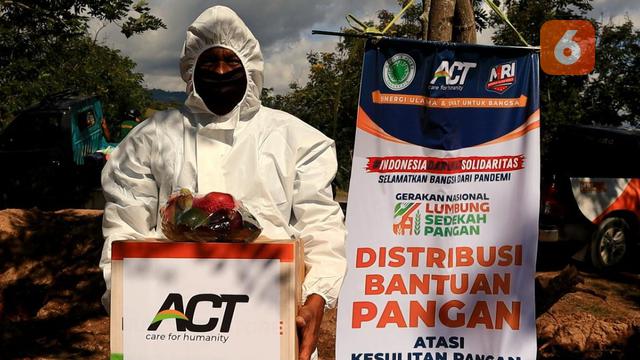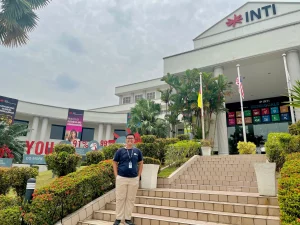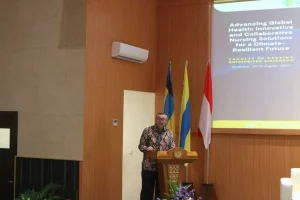UNAIR NEWS – Alleged fund misappropriation by Aksi Cepat Tanggap (ACT), one of Indonesia’s largest philanthropic NGOs, catches public attention. It contradicted ACT’s function and movement purpose in social, religion, and humanity fields.
Responding to the matter, Dr Prawitra Thalib SH MH, the lecturer at UNAIR Faculty of Law shared his view. The fund misappropriation allegation has been regulated under Law No. 16 of 2001 in conjunction with Law No. 28 of 2004 on Foundations, Law Number 9 of 1961 on Collection of Money or Goods, and Government Regulation Number 29 of 1980 on Implementation of Collection of Donations.
Prohibition of taking advantage
“ACT, being a legal entity foundation, must comply with Law No. 16 of 2001 in conjunction with Law No. 28 of 2004 concerning Foundations, based on the principles of transparency and accountability to the public,” Prawitra stated on Thursday, July 7, 2022.
ACT is prohibited from taking advantage of the foundation’s business activities by the founder or the committee.
He further emphasized the provisions in Article 6 of Government Regulation No. 29 of 1980 concerning the Implementation of Collection of Donations. The Government Regulation (PP) stated that the maximum amount of funding for collecting donations is ten percent of the results of the donation collection.
“Which means, the operational cost of the social fund can be taken for a maximum of 10 percent of the total collection,” he said.

Upon noticing the alleged social fund misappropriation, Prawitra explained the need to review ACT’s articles of association which regulate salaries and management facilities in the form of a board of directors’ decree. It aims to find potential room for regulatory irregularities in the articles of association.
“Because the motive of the perpetrators’ actions will be seen from the articles of association regulation. It provides room to comb through the criminal liability of this foundation, including the potential of further criminal actions such as embezzlement or counterfeiting,” he explained.
Criminal sanctions
“If it’s proven that the committees of ACT took advantage of the salary, criminal sanctions can be imposed on the actions of the perpetrators who receive the distribution or transfer of the foundation assets as stipulated in Article 70 paragraphs (1) and (2) of Law No. 16 of 2001 as amended by Law Number 28 of 2004 concerning Foundations, which reads ‘Every member of a foundation organ who violates the provisions as referred to in Article 5, shall be punished with imprisonment for a maximum of five years.’”
Apart from the imprisonment, the ACT committee who are found guilty are also subject to additional penalties to return the money, goods, or assets that are transferred or distributed.
Philanthropic institution management
Prawitra suggested the Ministry of Social Affairs make tight regulations for philanthropic institutions which raise community funds.
“There should be fundamental regulations on the rights and obligations of philanthropic institutions, considering in some cases, when the distribution of donations and its activities also require monthly operational costs,” he said.
“In the former regulations, there was a provision that the committee could take 10 percent of donations and 12.5 percent by the amil zakat institutions because that was their right. However, for social donations, the relevance must be carefully reviewed or equated by 12.5 percent,” he ended.
Author: Tristania Faisa Adam
Editor : Binti Q. Masruroh









